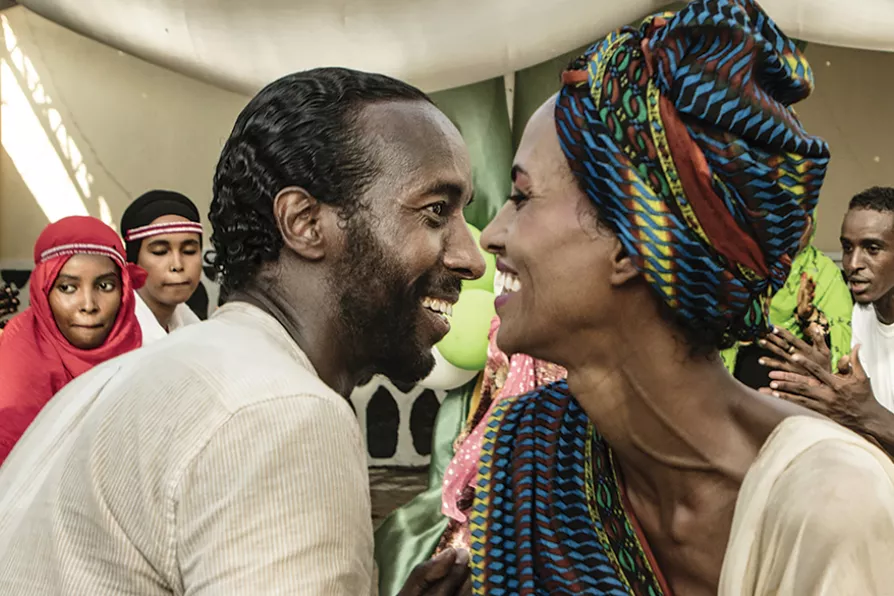FIONA O’CONNOR and MARIA DUARTE review State of Statelessness, Rental Family, 28 Years Later: The Bone Temple, and The Rip

 Josep Abad and Ainet Jounou in The Gravedigger’s Wife (2022)
[IMDb]
Josep Abad and Ainet Jounou in The Gravedigger’s Wife (2022)
[IMDb]
WHAT makes a film “memorable”? What makes it worth referencing, or remembering, or even watching in the first place? Why, at a moment when world events are often stranger than fiction, would we turn from the glorious escapism of big feature films and opt for something tiny, different, and rooted instead in the real?
The “tiny” films listed here are world-changing films, pivotal movies those who care about film should really get to know.
Alcarras, by female Spanish director, Carla Simon, is a semi-autobiographical, bittersweet tale about belonging, rooted in her native village (Alcarras). With stunning camerawork in deliberately natural colour, it is an elegant film, acted with real power and a strong feeling for its ordinary farmers faced with challenging circumstances that threaten to destroy their world.

RITA DI SANTO gives us a first look at some extraordinary new films that examine outsiders, migrants, belonging and social abuse

RITA DI SANTO reports on the films from Iran, Spain, Belgium and Brazil that won the top awards

RITA DI SANTO surveys the smorgasbord of films on offer at this year’s festival











